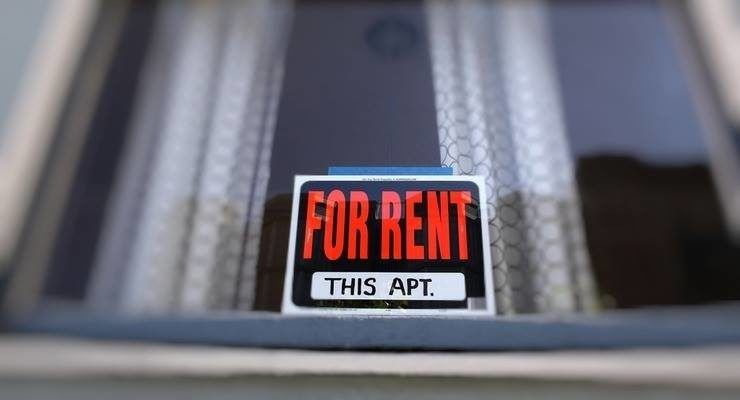
[Updated 7:56 a.m. | March 18, 2025] On Monday the Pasadena City Council voted unanimously to direct the City Attorney to prepare an ordinance within 60 days adopting all available tenant protections provided in the Ellis Act. But the decision came after a complex debate that highlighted significant questions about the City’s legal authority and obligations regarding these protections.
The Ellis Act, enacted in 1985, is a California state law that allows landlords to permanently remove a rental property from the rental market.
The issue centered around the Rental Housing Board’s request to implement regulations that would give tenants a right of first refusal for up to 10 years if their landlord removed a rent-controlled property from the rental market but later sought to re-rent it.
The Council did not give final approval to the proposed measure itself.
The agenda item was in response to the Rental Housing Board’s recommendation to the Council to adopt four specific tenant protections to “the maximum extent” allowed by state law. The Board lacks the authority to enact the regulations directly, as the Ellis Act requires adoption by an elected body.
City Rent Stabilization Department Director Helen Morales confirmed that “each jurisdiction that has rent stabilization does have the Ellis Act provisions.”
A key point of contention emerged regarding the proposed 10-year period during which a tenant would retain first right of refusal if a property returns to the rental market. Councilmember Steve Madison suggested a potential compromise of reducing this to five years, a solution that Councilmember Tyron Hampton seconded.
“My point is you could have a tenant who resides in a unit for six months, but then has the right for 10 years thereafter to bring a lawsuit for punitive damages,” Madison noted, questioning whether such an approach was equitable.
Morales later mentioned that the City of Alameda, California had adopted a five-year period rather than the full ten years.
Several Councilmembers expressed concern that the City Charter’s language might not give them discretion to modify the tenant protection periods. Section 1806 C of the Pasadena Fair & Equitable Housing Charter Amendment states that tenants shall have “the first right of refusal to return to the rental unit… to the maximum extent permitted by state law.”
Councilmember Gene Masuda questioned how the regulations would affect property owners.
“I struggle with that 10-year requirement. It is just… I don’t get it,” he said.
Morales explained that the Ellis Act provisions primarily benefit “a real small set of landlords who are actually really wanting to get out of the rental market” by giving them a pathway to legally terminate tenancies. She said that landlords would still be required to pay relocation fees to tenants even when using the Ellis Act.
The protections would apply citywide to all rental units in Pasadena, including single-family homes, not just rent-controlled properties. This broad application raised additional concerns among some Councilmembers about the potential impact on the housing market.
Councilmember Hampton said he was worried about how the ordinance would affect housing providers: “I don’t see how this benefits housing providers… I think that if a housing provider wants to part ways with a business, it’s an arrangement between the tenant and a housing provider.”
Morales noted that two property owners are currently waiting to use these provisions.
Public testimony included voices from both landlords and tenant advocates. Several speakers alleged that landlords are using the Ellis Act to evict tenants with plans to later return units to the market at higher rents.
“I don’t think tenants and landlords deserve the same degree of protection,” said one public commenter. “What’s at stake for tenants is keeping a roof over the head and what’s at stake for landlords is whether or not they have access to a source of passive income.”
Government Affairs, Field Representative Jesus Rojas of the Apartment Association of Greater Los Angeles thanked the Council for “balancing the needs of wildfire-impacted individuals and mom-and-pop rental owners providing much needed affordable housing for Pasadena.”
The City Attorney’s office will now conduct a legal analysis addressing several questions raised during the meeting, including whether the Council has discretion to modify the time periods, what regulations are already covered by the City Charter itself, and how other jurisdictions have implemented the Ellis Act.
The item will return to the City Council likely in April, with the City Attorney indicating it would likely be “either next week or three weeks” depending on their progress with the legal analysis.














 4 comments
4 comments


